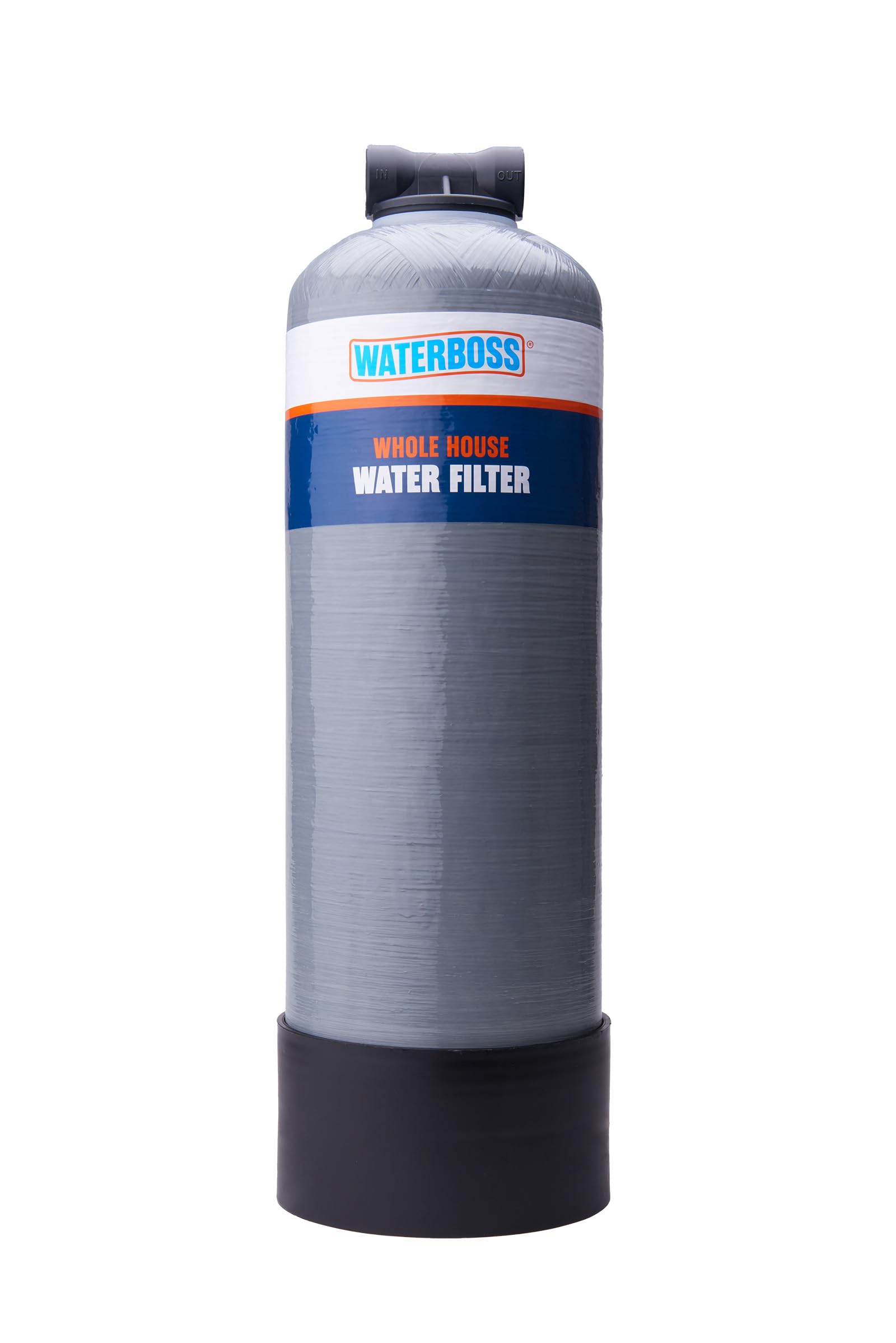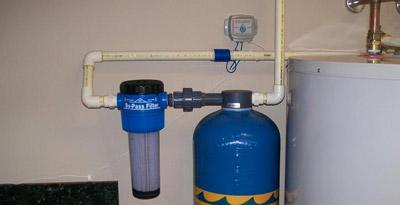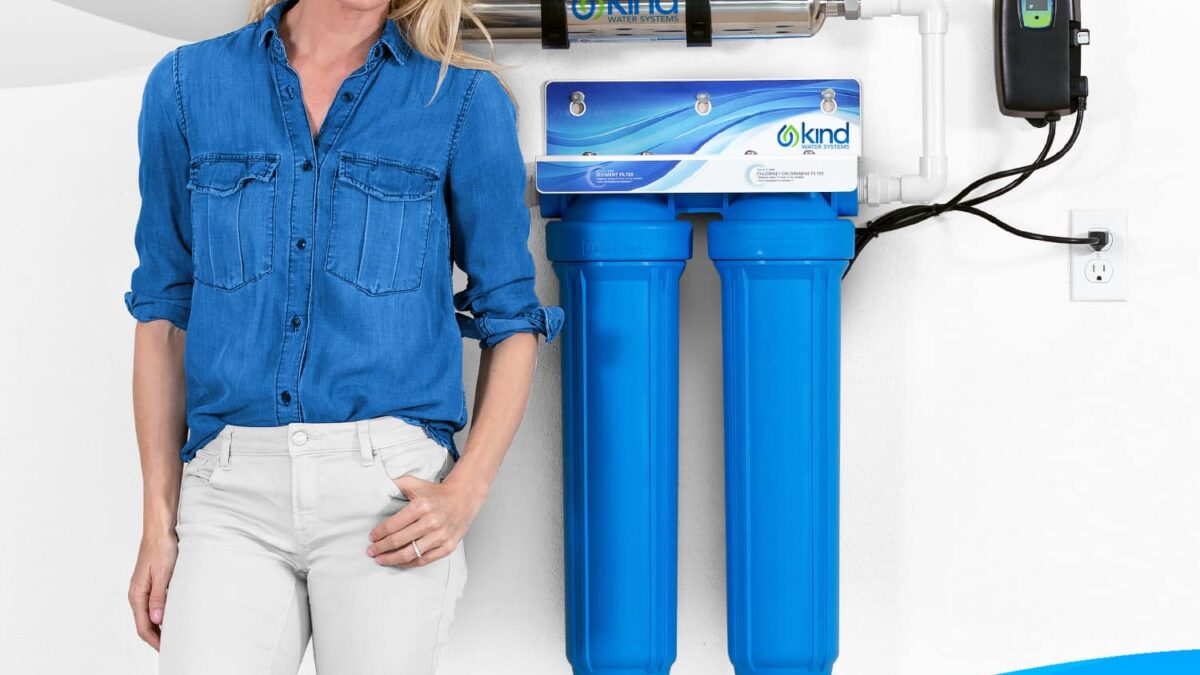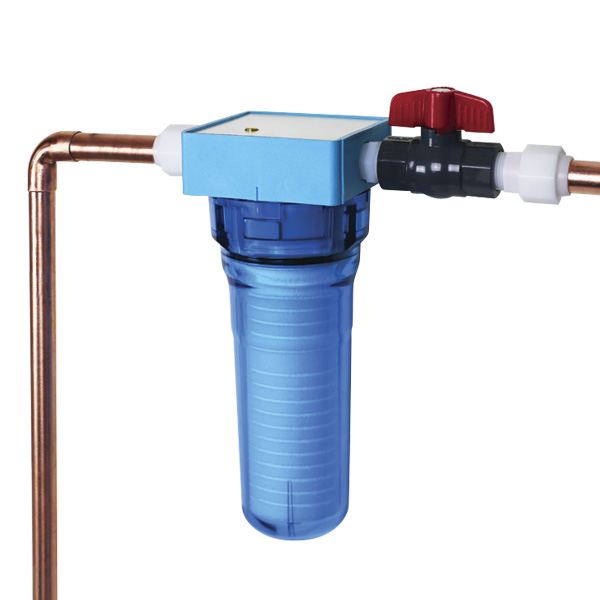Whole-House Filtration Systems Explained

Whole-house filtration systems are comprehensive water purification solutions designed to treat all the water entering a home. Unlike point-of-use filters that treat water at a single tap, these systems ensure clean, safe water throughout the entire household, improving water quality for drinking, cooking, bathing, and cleaning.
What is a Whole-House Filtration System?

A whole-house filtration system is installed at the main water line where water enters your home. It filters out contaminants such as sediment, chlorine, heavy metals, and other impurities before the water reaches any faucet or appliance.
Benefits of Whole-House Filtration Systems

- Improved Water Quality: Removes unpleasant tastes, odors, and harmful substances.
- Health Protection: Reduces exposure to contaminants that can cause health issues.
- Appliance Longevity: Prevents scale buildup and corrosion, extending the life of plumbing and appliances.
- Convenience: Provides filtered water from every tap without the need for multiple filters.
Types of Whole-House Filtration Systems
| System Type | Description | Common Contaminants Removed |
|---|---|---|
| Sediment Filters | Remove sand, dirt, rust, and other particles | Sediment, rust, debris |
| Carbon Filters | Use activated carbon to absorb chemicals and odors | Chlorine, pesticides, VOCs |
| Water Softeners | Exchange minerals to reduce hardness | Calcium, magnesium |
| UV Purifiers | Use ultraviolet light to kill bacteria and viruses | Bacteria, viruses |
| Reverse Osmosis | Forces water through a membrane to remove impurities | Heavy metals, salts, nitrates |
Installation and Maintenance
Installing a whole-house filtration system typically requires professional plumbing services to ensure proper integration with your home’s water supply. Regular maintenance, such as replacing filters and sanitizing components, is essential to maintain system effectiveness.
Frequently Asked Questions (FAQ)
Q1: How often should I replace the filters?
A: Filter replacement depends on the system type and water usage but generally ranges from every 3 to 12 months.
Q2: Will a whole-house system remove all contaminants?
A: While these systems significantly reduce many contaminants, some may require additional treatment methods.
Q3: Can I install the system myself?
A: Professional installation is recommended to ensure proper setup and avoid plumbing issues.
Q4: How much does a whole-house filtration system cost?
A: Costs vary widely based on system type and capacity, typically ranging from $1,000 to $4,000 including installation.
Conclusion
Whole-house filtration systems offer a reliable way to ensure clean, safe water throughout your home. By understanding the types, benefits, and maintenance requirements, homeowners can make informed decisions to protect their health and home infrastructure.
